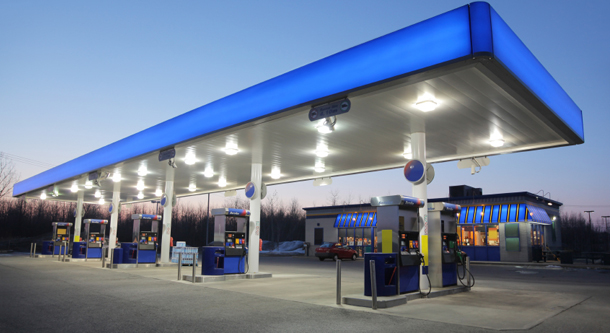
(WASHINGTON, November 15, 2013) “The EPA’s proposal to decrease ethanol requirements will help drivers by preventing a surge in gas prices or the premature expansion of E15 gasoline sales. While we would like to increase the use of alternative fuels, it is a plain fact that the Renewable Fuels Standard’s original targets are unreachable without putting motorists and their vehicles at risk.
“The EPA has finally put consumers first. Their proposal will support the continued development of alternative fuels, while also recognizing the needs of the millions of people that drive every day. Today’s proposal is an important step in the right direction, but it does not go far enough. Suggesting a range for 2014 targets does not guarantee that motorists will be protected from the risk of higher ethanol blends. We encourage the EPA to act quickly to finalize specific targets that help protect drivers nationwide.
“The vast majority of cars on the roads today are not designed to run on gasoline containing more than 10 percent ethanol. While ethanol has the potential to support the economy and reduce the reliance on fossil fuels, it is irresponsible to mandate more ethanol than cars can safely use.”
More than 90 percent of the vehicles on the road today are not approved by manufacturers to use E15, including most 2001-2013 models. E15 is only approved for use by automakers in flex-fuel engines, 2001 and newer Porsches, and selected 2012 and newer vehicles where it is clearly specified in the owner’s manual. While new models increasingly can use E15 gasoline, previous makes and models were never designed to use the fuel. It will still take at least another decade before the bulk of the fleet will be E15 compatible given that the average vehicle remains in use for more than 11 years.
